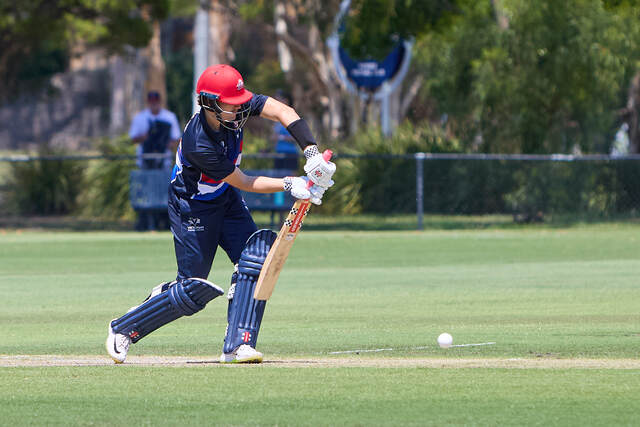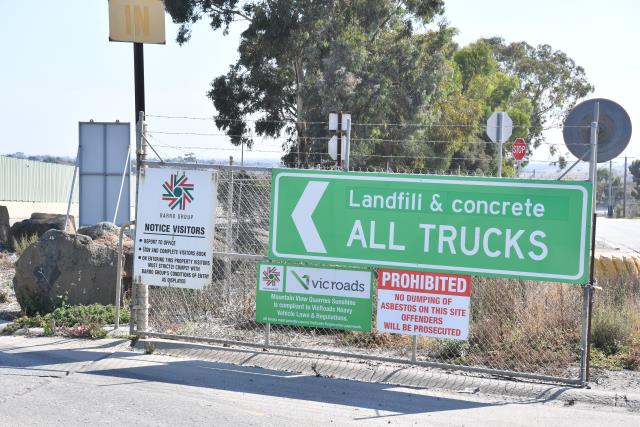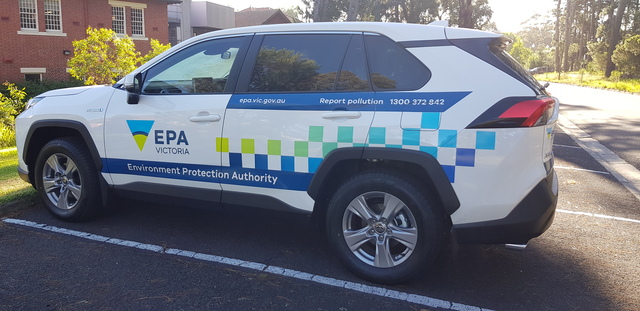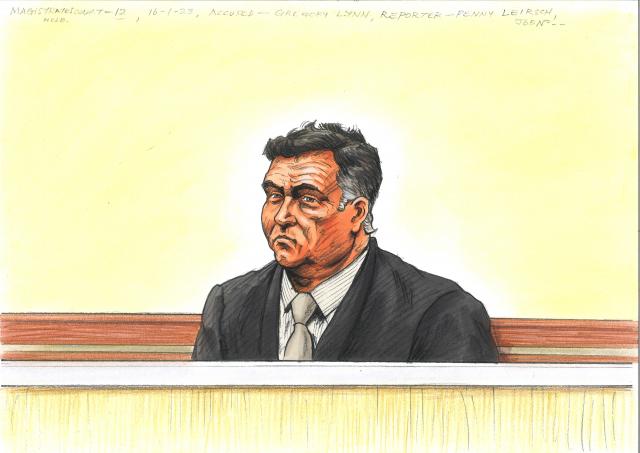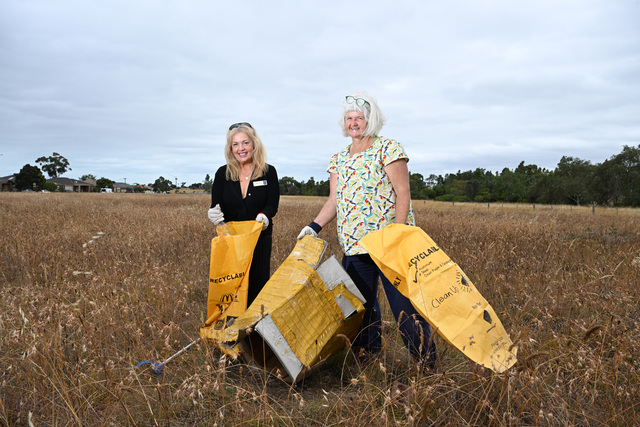The state government will reform Victoria’s youth justice system by introducing the Youth Justice Bill 2024 into parliament.
This bill will be Victoria’s first standalone Act for our youth justice system, acquitting key recommendations from the landmark Youth Justice Review and Strategy conducted by Penny Armytage and Professor James Ogloff AM and delivering on the Youth Justice Strategic Plan 2020–2030.
Which, the state government said will improve community safety, reduce offending and provide genuine opportunities for young people to turn their lives around.
The state government said these new laws will mean there are stronger consequences for those who engage in serious, high-risk and repeat offending, and also enable earlier intervention and diversion for lower-level offenders – because diverting young people from risky behaviour is the most effective way to keep them and the community safe.
The Bill will create a legislated scheme for warnings, cautions and early diversion so that police have more tools to deal with anti-social behaviour before it escalates, becomes a risk to community safety and ends up in court.
Police will still be able to lay charges, warnings can be given verbally or in writing on the spot for minor offences.
Cautions are more formal and are used for more serious offending — they must be in writing, require the authorisation of a Sergeant and are designed to divert the child from further interaction with the justice system.
The state government said police will be able to work closely with Aboriginal communities in administering cautions by considering culturally appropriate locations for issuing the caution or asking an Elder or respected community member to administer it.
The Bill will give Victoria Police powers to make sure children aged 10 or 11 who still present a risk of serious harm to themselves or others can be transported somewhere safe and to someone who can take care of them.
The Bill will enable a two-year trial of electronic monitoring, which will be implemented alongside more intensive bail supervision.
The Bill will also codify the existing legal presumption known as doli incapax – ensuring the principle is better understood and applied consistently in the courts.
For Aboriginal children, sentences must also take self-determination into account, support family, Elders and community to strengthen the child’s connection to their culture and Country and reflect the need to reduce the over representation of Aboriginal people in the justice system.
Where an Aboriginal child is sentenced to custody, the court will need to give reasons outlining why and how it has considered the new Aboriginal sentencing principles.
The Bill will also introduce new sentencing outcomes that provide more options for accountability and rehabilitation and leaves custody as the most severe outcome.
Community service orders and youth supervision and support orders will become options for judges to consider.





